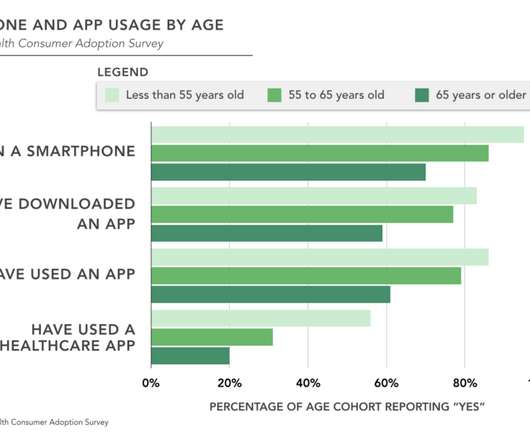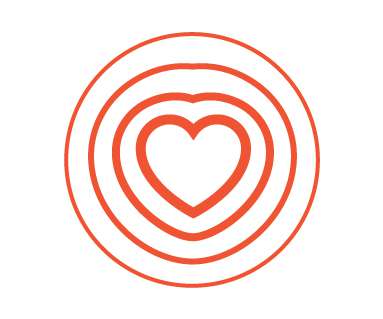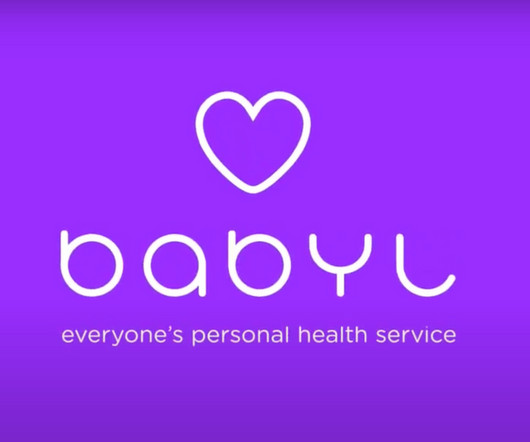Only 1 in 4 People Over 50 Use a Mobile Health App – And They Tend to Be Healthier and Wealthier
Health Populi
FEBRUARY 10, 2022
use at least one mobile health app, and 56% of older people have never used one. Among seven mhealth tools, the most commonly-used is to track exercise. A recent Rock Health report looked at the “unprecedented market” for aging-in-place and addressing health technologies focused on older peoples’ self-care.




























Let's personalize your content